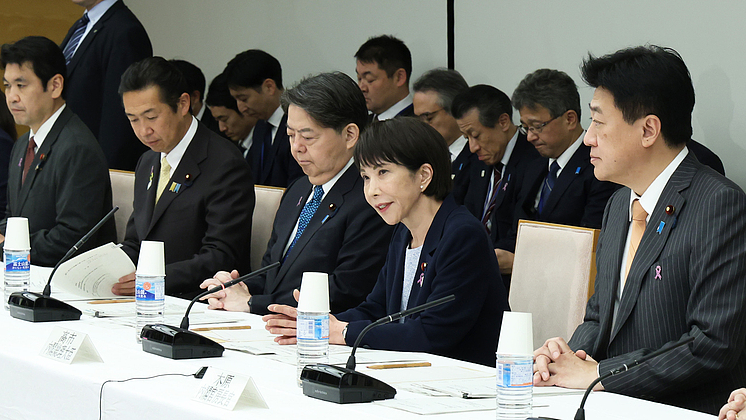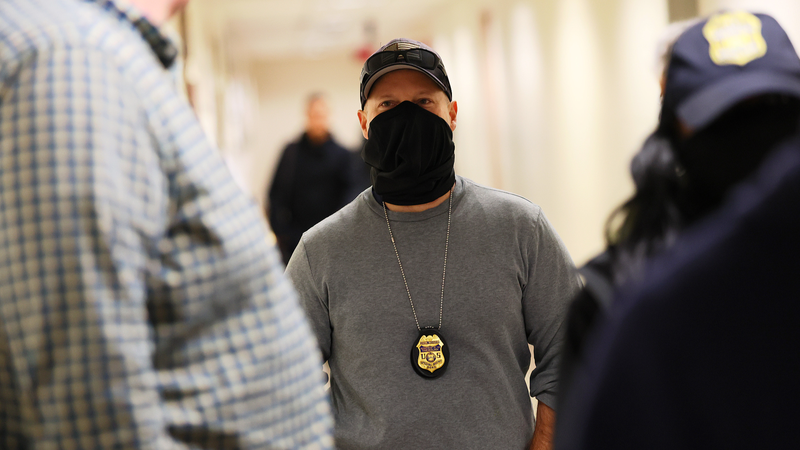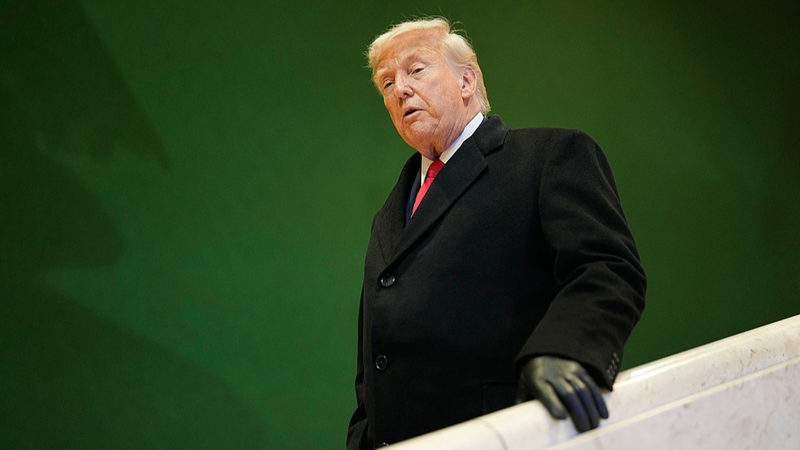Earlier this week, on November 17, 2025, Okinawa Governor Denny Tamaki publicly opposed Prime Minister Sanae Takaichi's reported plan to reconsider Japan's Three Non-Nuclear Principles. Tamaki emphasized that as the only country to suffer atomic bombings, Japanese people will not accept any revision that undermines efforts toward nuclear disarmament. ❌☢️
"Understanding the people's desire to abolish nuclear weapons is the prime minister's responsibility," said Tamaki, urging the central government to fully respect the anti-nuclear spirit born from Hiroshima and Nagasaki.
On the same day, Nagasaki Governor Kengo Oishi joined the chorus of dissent at a press conference, calling any review of the principles "completely unacceptable" for a region scarred by the 1945 atomic blast.
The Three Non-Nuclear Principles—no possession, no production, and no introduction of nuclear weapons on Japanese soil—were first enshrined by then-Prime Minister Eisaku Sato in 1967. Over nearly six decades, they have become a cornerstone of Japan's national identity and global advocacy for a nuclear-free world.
As discussions around Japan's security and defense policies continue, young activists, scholars, and peace advocates are watching closely. Will Tokyo uphold these postwar convictions, or will it chart a new path in a changing regional landscape? 🌏✌️
Stay tuned to see how this debate unfolds in the Diet and beyond, sparking conversations about memory, responsibility, and the future of peace in Japan and the wider Asia-Pacific region.
Reference(s):
Okinawa, Nagasaki oppose PM's push to revise non-nuclear principles
cgtn.com




